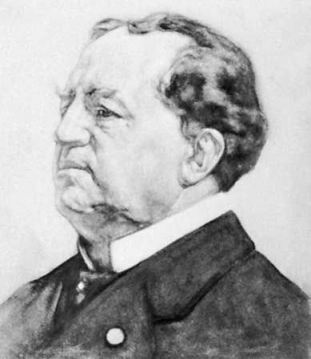Purpose
The Kuyper Foundation is a Christian charitable trust founded in 1987. It exists to promote a renaissance of Christian culture in society by furthering awareness of the implications of the Christian faith for every sphere of life, including the church, family and State. This vision of Christian society was expressed in the words of Abraham Kuyper, the Dutch Christian theologian and Statesman, who said:
 "One desire has been the ruling passion of my life. One high motive has acted like a spur upon my mind and soul. And sooner than that I should seek escape from the sacred necessity that is laid upon me, let the breath of life fail me. It is this: That in spite of all worldly opposition, God's holy ordinances shall be established again in the home, in the school and in the State for the good of the people; to carve as it were into the conscience of the nation the ordinances of the Lord, to which Bible and Creation bear witness, until the nation pays homage again to him."
"One desire has been the ruling passion of my life. One high motive has acted like a spur upon my mind and soul. And sooner than that I should seek escape from the sacred necessity that is laid upon me, let the breath of life fail me. It is this: That in spite of all worldly opposition, God's holy ordinances shall be established again in the home, in the school and in the State for the good of the people; to carve as it were into the conscience of the nation the ordinances of the Lord, to which Bible and Creation bear witness, until the nation pays homage again to him."
The Kuyper Foundation seeks to promote this vision of Christian society by publishing literature, distributing audio-visual materials, and running lecture courses and conferences. The Kuyper Foundation is a registered charity in England (no. 327537) funded by voluntary donations from those who believe in the cause for which it works.
